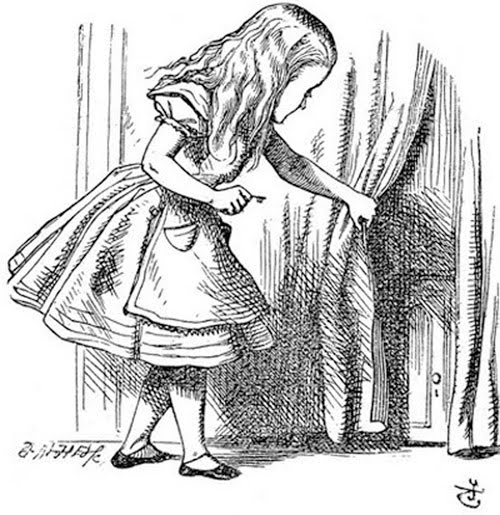Making Connections: Conflict and Change
How is literature like life?
What is worth fighting for?
Throughout the year, you will be asked to make connections between the issues and conflicts revealed in fiction and those that exist in modern life.
As themes are discovered in our literature, you will be asked to choose one theme to serve as a focus for each Theme Notebook entry. Once your theme is chosen, search for evidence of this theme in today's world. Sources may include:
- Movies
- Newspapers
- Magazines
- Advertisements
- Political Cartoons
- Song Lyrics
- Poems
- Drama
- Short Stories
- Children's Stories
- Television Programs
- Novels
- Art
- Photographs
For each entry, you will need to include a(n):
- theme statement
- image
- link to the source
- written reflection including:
- a paragraph explaining the theme within the class story or novel
- a paragraph explaining the theme within the chosen source
- a paragraph explaining the connection between the class text and the real life example.
- One’s identity is fragile.
- One’s true identity is inherently evil.
- One’s identity is formed by societal expectations.
- There are two sides to justice.
- Betrayal scars the soul.
- Betrayal can lead to vengeance.
Below is an example of how your entry should present:
August 16, 2010
Betrayal can lead to vengeance.
Betrayal can lead to vengeance is a dominant theme in Roald Dahl's short story, "Lamb to the Slaughter." The protagonist, Mary Maloney, is the 'perfect' house wife. She caters to her husband's every need - keeping a tidy home, preparing lovely meals, and offering him a comfortable chair and a drink after a hard day's work. Mary patiently waits for him to unwind before engaging him in conversation. In fact, Mary spends much of her time waiting to address her husband, Patrick's needs. Mary's presentation of this perfect picture of bliss is further enhanced with the good news that she is pregnant with their first child. However, Mary's utopia is shattered when her husband casually announces that he is leaving her and she "needn't make a fuss" about it. Mary can hardly believe this to be true. She has done everything a 'good wife' should do. How could he be leaving her? To cope, she returns to her role as the selfless housewife - fussing over dinner and her husband. The news of her husband's betrayal sinks in when he announces, "Oh for god sakes Mary, stop making dinner, I'm going out!" Mary seeks vengeance - killing her husband with the frozen leg of lamb she meant to prepare for dinner. Mary's violent reaction is the catalyst (unraveling point) of her actions - shocking herself and the readers with its contrast to her usual character. Further vengeance is demonstrated in Mary's quest to hide the murder from the police in order to protect her unborn child. The resolution being Mary's insistence that the tired police officers enjoy a lovely leg of lamb. All evidence of Patrick's betrayal to Mary and Mary's betrayal to Patrick has been digested. The reader is left digesting Mary's vast change in character.
Betrayal comes in many different forms. In the article, "Gandhi villagers complain of 'betrayal," villagers from rural India have expressed that promises from the government to lift them from poverty have fallen flat. Shiv Kumari, a widow with five children was even visited by government officials and claims that she was promised, "a 'pukka' house and a job that would enable her to make ends meet," by the government. Yet all she has received is "four brick walls, without doors, windows or even a roof," and occasionally, work. Her family continues to suffer and therefore she feels betrayed. Another housewife from the village also states that government is unable or unwilling to follow through on their promises to help. She believes "it is time to resort to more desperate measures if Mr. Gandhi's promises are to be honoured. 'Let him come this time, and we will make it a point to have our voices heard by him,' she said." It isn't stated outright if vengeance will be sought or how vengeance will be sought regarding the government's betrayal, but the words 'desperate measures' imply that the villagers of Semra are tired of waiting and are determined to get the results they need - perhaps no matter the consequence.
Betrayal suggests that something you strongly value has been taken from you. If what has been taken from you is essential to your happiness, reactions may turn vengeful. In the case of Mary Maloney, her picture perfect future was snatched from her. In the case of the villagers from Semra, their hope for a better future has vanished. Happiness is essential, yet fragile; one will do what they can to save or maintain their happiness - perhaps in the form of vengeance.


